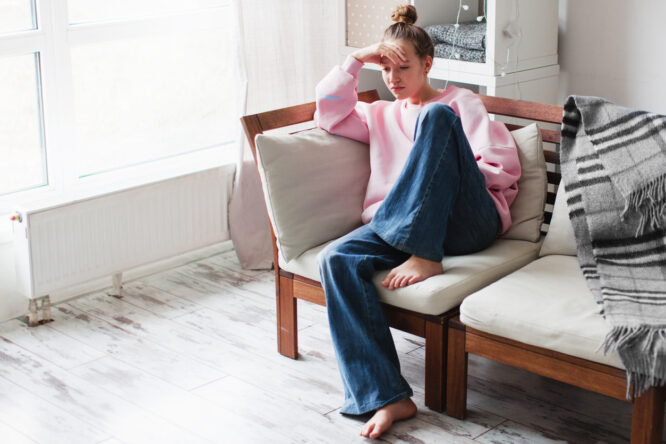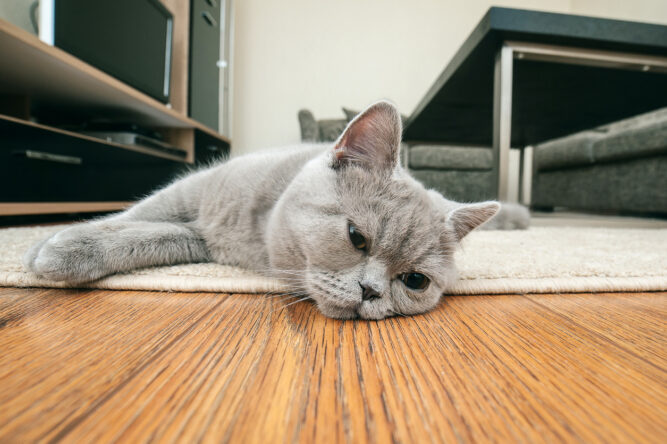The cost of living crisis has changed how we live in ways that aren’t always obvious at first glance.

While everyone’s talking about energy bills and grocery prices, there are loads of smaller things that people have just quietly stopped doing without making a big fuss about it. These aren’t dramatic lifestyle changes—they’re the little sacrifices that add up to a completely different way of living than just a few years ago. Most Brits have become masters at convincing themselves they didn’t really want these things anyway, but the truth is that life has shrunk in ways that would’ve seemed unthinkable not too long ago.
1. Buying clothes that aren’t from Primark or charity shops
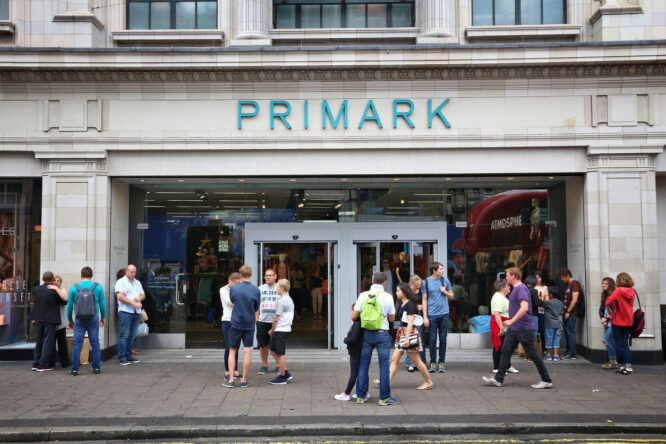
Remember when people used to shop at actual clothing stores and buy things that lasted more than three washes? Now everyone’s either hunting through charity shops or grudgingly buying the cheapest fast fashion they can find. The idea of spending £40 on a jumper from M&S feels like an insane luxury when Primark has one for £8, even though you know it’ll fall apart in six months.
People have got really good at justifying this change, saying they’re being more sustainable or that expensive clothes are just paying for branding. But the reality is that most people just can’t afford to buy quality anymore, so they’ve convinced themselves that constantly replacing cheap clothes is somehow better than investing in pieces that last.
2. Going to the cinema
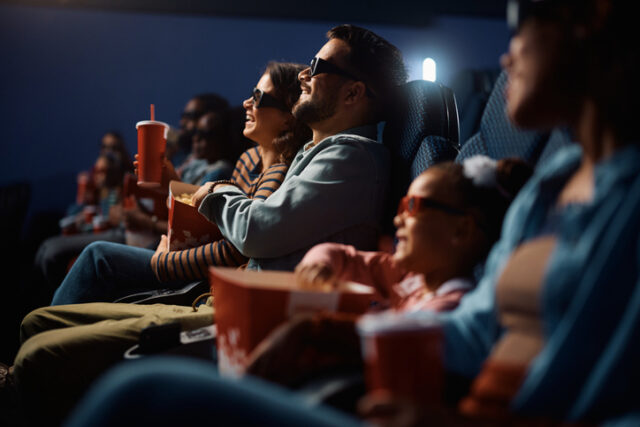
When a night out at the cinema costs more than £30 for two people before you’ve even bought snacks, it’s become a proper luxury rather than casual entertainment. Most people have switched to waiting for films to come on streaming services, even though it means avoiding spoilers for months and missing out on the big-screen experience.
The ritual of going to see a film on opening weekend has basically disappeared for anyone who’s not properly well-off. Instead, people are hosting more film nights at home and pretending they prefer it that way, but there’s something depressing about how rare it’s become to just spontaneously decide to catch a movie.
3. Buying branded groceries
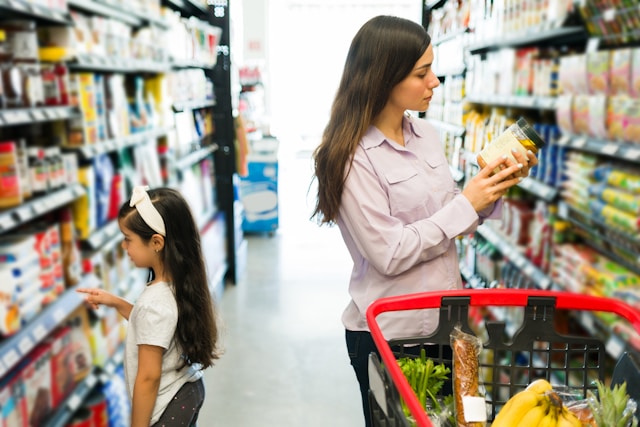
Tesco Value and ASDA Smart Price have become the default choice for most people’s weekly shop. The shame that used to come with buying own-brand everything has evaporated because literally everyone’s doing it now. Even middle-class families who used to turn their noses up at supermarket basics are filling their trolleys with white-label products.
People have become experts at working out which own-brand items are actually decent and which ones are genuinely grim. The mental gymnastics of convincing yourself that Tesco beans taste exactly the same as Heinz ones is a skill that most Brits have mastered out of pure necessity.
4. Having the heating on whenever they want
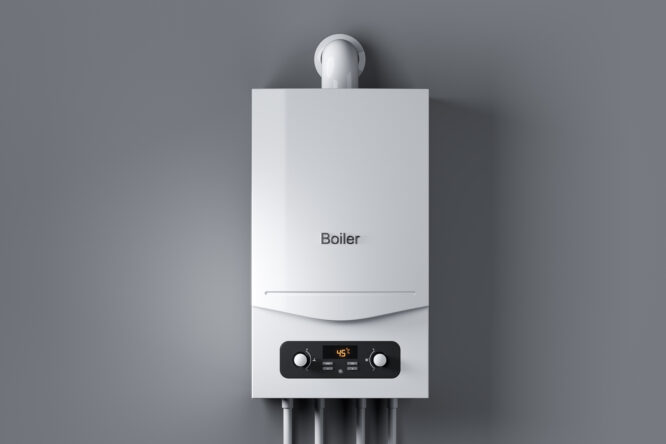
The heating has become something you negotiate with rather than just turn on when you’re cold. People are wearing multiple jumpers indoors, using hot water bottles in the evening, and timing showers around the cheapest energy hours. The idea of just being warm and comfortable in your own home has become a luxury that needs careful planning.
Everyone’s become obsessed with their energy usage in ways that would’ve seemed mental a few years ago. People are genuinely celebrating when their monthly bill is slightly lower than expected, like it’s some kind of achievement rather than basic household management.
5. Eating out at restaurants

Going out for dinner has gone from something you did regularly to something you save up for special occasions. Even chain restaurants like Pizza Express or Nando’s feel expensive now when you’re looking at £15-20 per person before drinks. Most people have got really good at cooking at home and convincing themselves they prefer it.
The whole culture around casual dining has changed. Date nights now happen at home, birthday celebrations are house parties, and meeting friends for dinner has been replaced by meeting for coffee. People miss the social aspect of restaurants but can’t justify the cost for what’s essentially just convenient food.
6. Buying books instead of using the library

Bookshops have become places to browse and then order secondhand copies online, or just remember the titles to borrow from the library later. The simple pleasure of buying a new book and reading it immediately has become a luxury that most people can’t justify when paperbacks cost £10+ and libraries exist.
People have rediscovered their local libraries out of necessity, but they’re telling themselves it’s because they’re being more environmentally conscious. The reality is that building a personal book collection has become something only people with disposable income can afford to do.
7. Using their car for short journeys

Petrol prices have made people genuinely consider whether every journey is necessary. Walking to the shops instead of driving, combining multiple errands into one trip, and thinking twice about visiting friends who live more than a few miles away has become normal. The car has gone from being convenient transport to something you use strategically.
People are rediscovering walking and cycling, but not necessarily by choice. The freedom to just jump in the car and go somewhere without calculating the cost has disappeared for most families, which has made life feel smaller and more restricted than it used to.
8. Buying coffee from actual coffee shops
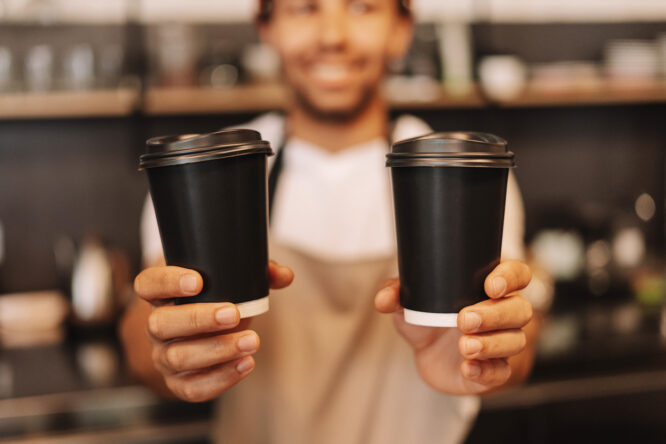
The £4 latte has become a symbol of wasteful spending that most people can’t justify anymore. Everyone’s invested in a halfway decent coffee machine or French press and convinced themselves that home coffee tastes better anyway. The social aspect of meeting friends for coffee has moved to people’s kitchens instead of cafés.
Coffee shops have become occasional treats rather than daily habits, which has changed the whole rhythm of how people socialize and take breaks. The simple pleasure of grabbing a coffee while you’re out has been replaced by careful planning and usually just waiting until you get home.
9. Replacing things before they completely break
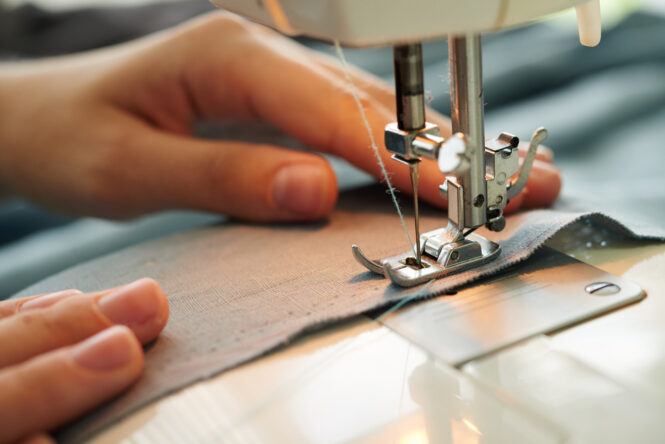
The idea of upgrading your phone, laptop, or household appliances because you want something better has completely disappeared. Everything gets used until it literally stops working, then gets repaired if possible, and only gets replaced as an absolute last resort. People have become experts at finding YouTube tutorials for fixing things they would’ve just replaced a few years ago.
The throwaway culture that defined the 2010s has been replaced by a make-do-and-mend mentality that feels both virtuous and depressing. Everyone’s smartphone is held together with a cracked screen protector and hope, but buying a new one feels like an impossible expense unless your current one actually dies.
10. Hosting parties or big gatherings

The cost of feeding and providing drinks for more than a handful of people has made hosting feel like a financial commitment that most can’t afford. House parties have been replaced by smaller gatherings where everyone brings something, and even then, people feel guilty about the expense of providing snacks and basic hospitality.
The social culture around entertaining has changed dramatically. Birthday parties happen at free venues, celebrations are potluck-style, and the idea of just having people over without careful cost calculation has become rare. It’s made social life feel more transactional and less spontaneous than it used to be.
11. Taking weekend trips or short holidays

The mini-break has basically disappeared from most people’s lives. A weekend in another city or even a day trip to the seaside requires budgeting and planning that makes it feel like a major holiday. People are rediscovering local parks and free attractions, but they’re missing out on the mental break that comes from changing your environment.
The idea of just deciding to go somewhere for a weekend because you fancy it has become a luxury that feels irresponsible for most families. Travel has gone back to being something you save up for months to do once a year, rather than an occasional treat that keeps life interesting.
12. Buying presents that aren’t completely practical
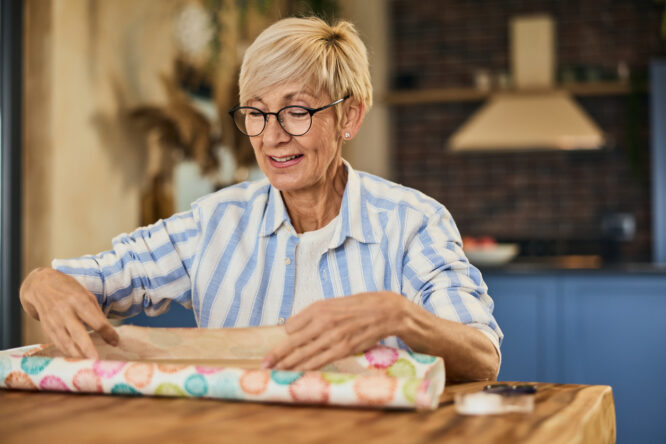
Gift-giving has become focused on things people actually need rather than things they might enjoy. Birthday and Christmas presents are more likely to be contributions to someone’s energy bill or grocery shop than anything fun or frivolous. The joy of giving and receiving something purely for pleasure has been replaced by careful consideration of what’s most useful.
People feel guilty about buying or receiving anything that isn’t essential, which has sucked a lot of the fun out of celebrations. Gift exchanges have become more about helping each other get by rather than showing thoughtfulness or care, which changes the whole emotional experience of giving presents.
13. Using subscription services for entertainment
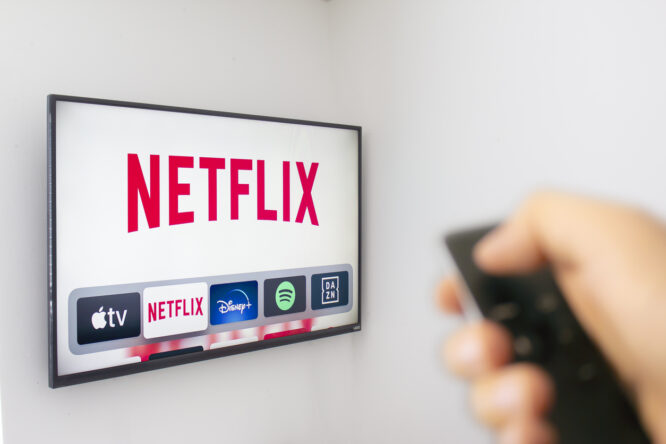
Netflix, Spotify, Amazon Prime, and all the other monthly subscriptions have been ruthlessly culled from most people’s budgets. Families are sharing accounts more than ever, cycling through different services month by month, or just going without. The idea of having multiple streaming services running simultaneously feels like a mad luxury now.
People have become strategic about their entertainment subscriptions in ways that require spreadsheets and family meetings. The convenience of having everything available all the time has been replaced by careful planning about which service to pay for this month and which ones to pause.
14. Buying anything on impulse
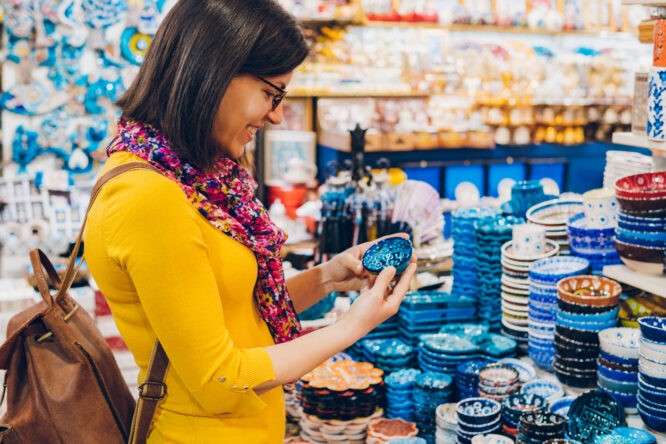
The simple pleasure of seeing something you like and just buying it has disappeared for most people. Every purchase gets mentally calculated against other necessities, questioned for its value, and often postponed indefinitely. Shopping has become a strategic activity rather than something you do for pleasure or convenience.
The spontaneity has gone out of retail therapy, which has changed how people relate to their possessions and desires. Everything feels like it needs justification now, which makes life feel more restrictive and less joyful than when you could occasionally treat yourself without massive internal debates about whether you really need it.

